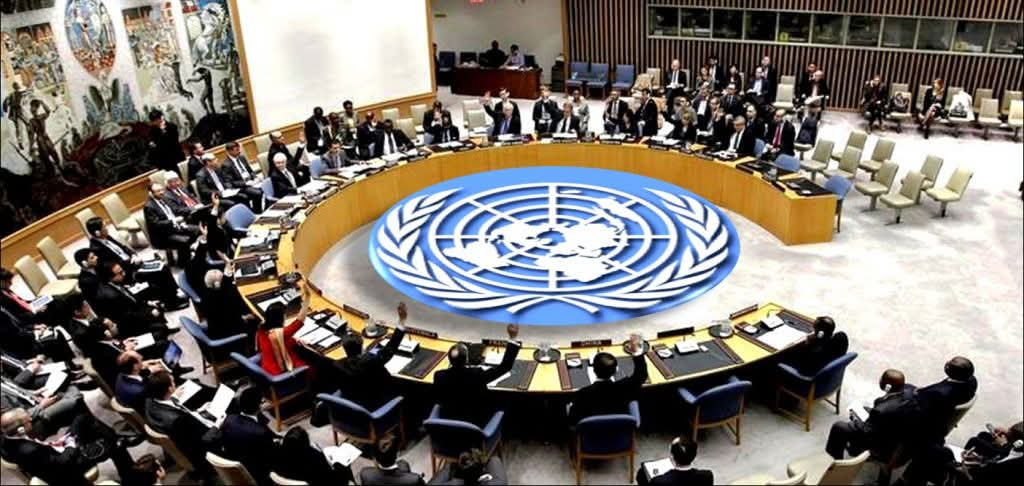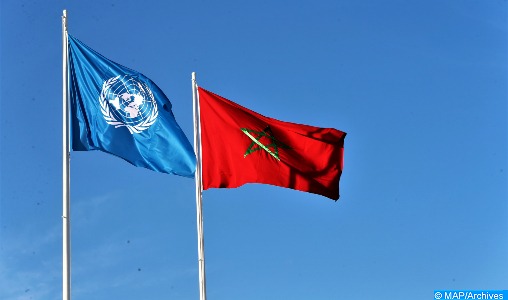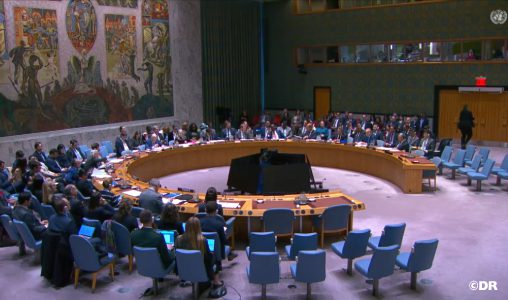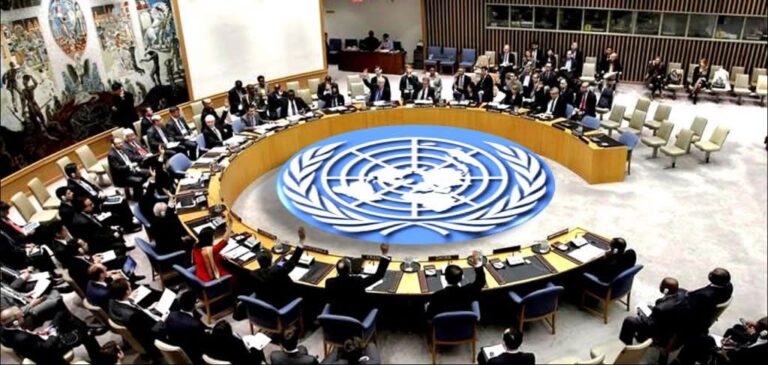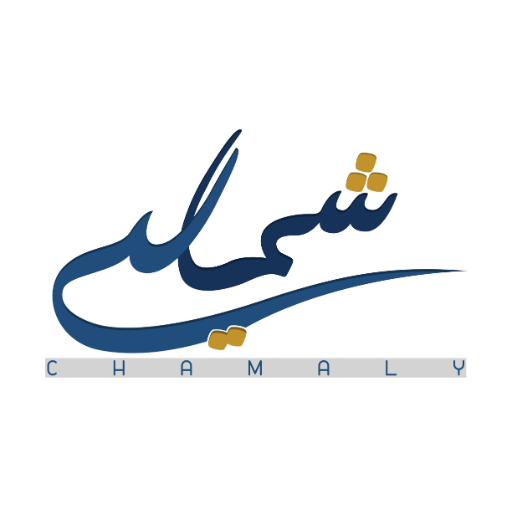Reuters reported that the United Nations Security Council is scheduled to vote this Friday on a draft resolution stating that “genuine autonomy for the Sahara under Moroccan sovereignty could represent the most realistic solution to a conflict that has lasted for fifty years.
Morocco’s autonomy plan faces opposition from the Polisario Front and Algeria, while the text requires nine votes in favor and no veto from Russia, China, the United States, the United Kingdom, or France.
The United States, France, the United Kingdom, and Spain all support Morocco’s sovereignty over Western Sahara.
In the same context, the final draft of the UN Security Council resolution on the Moroccan Sahara reveals a clear UN orientation toward reinforcing the political process based on the Moroccan autonomy initiative of 2007, considered “the most realistic and pragmatic solution” to end the regional dispute.
The draft, expected to be adopted at the next Council session, reaffirms full support for the UN Secretary-General and his Personal Envoy, Staffan de Mistura, in their efforts to facilitate direct negotiations among the four parties: Morocco, the Polisario Front, Algeria, and Mauritania.
The document notes that the Council “takes into consideration the broad support expressed for Morocco’s autonomy proposal”, emphasizing that “genuine autonomy under Moroccan sovereignty could constitute the fairest and most realistic solution.”
The resolution also welcomes the initiative of the Personal Envoy to hold new meetings among the parties to build on the current momentum, urging them to negotiate in good faith and without preconditions, while thanking the United States for its readiness to host discussions in support of UN efforts.
On the operational level, the text extends the mandate of MINURSO until October 31, 2026, and requests the Secretary-General to submit a strategic review within six months on the future of the mission, based on the progress of the negotiations.
The Council also calls on Member States to support the mission and the envoy’s efforts, while stressing the need to respect the ceasefire and warning against any actions that could jeopardize the political process.
The text concludes by highlighting the humanitarian situation of Sahrawi refugees, urging donors to increase their support and to register the refugees in line with previous UN resolutions.
The UN Security Council is expected to hold a decisive session on Friday, October 31, at 8:00 p.m. (Moroccan time) to vote on the draft resolution concerning the Sahara issue, according to the Council’s official agenda.
This vote comes after intense closed-door consultations led by the United States, as the “penholder” of the resolution, in a context of growing international support for Morocco’s autonomy plan, viewed as the realistic and pragmatic solution to the regional dispute.
🔹 Permanent Members:
🇺🇸 United States: Strongly supports Morocco’s autonomy plan and leads the drafting of the resolution.
🇫🇷 France: Recognized Morocco’s sovereignty over the Sahara and backs the project.
🇬🇧 United Kingdom: Views the autonomy plan as a serious and credible approach.
🇨🇳 China: Expected to abstain from voting.
🇷🇺 Russia: Also likely to abstain.
🔹 Non-Permanent Members (Mandate until 2025):
🇩🇿 Algeria: Expected to abstain.
🇬🇾 Guyana: Has supported the Polisario Front since 1979.
🇰🇷 South Korea: Supports Morocco’s autonomy initiative.
🇸🇱 Sierra Leone: Has a consulate in Dakhla and backs Morocco’s proposal.
🇸🇮 Slovenia: Regards the Moroccan initiative as a serious solution to the conflict.
🔹 Non-Permanent Members (Mandate until 2026):
🇩🇰 Denmark: Gradually shifted its stance, recognizing autonomy as a credible contribution.
🇬🇷 Greece: Describes Morocco’s proposal as a realistic approach.
🇵🇰 Pakistan: Clearly supports Morocco’s territorial integrity.
🇵🇦 Panama: Withdrew its recognition of the “SADR” in 2024.
🇸🇴 Somalia: Opened a consulate in Dakhla and reaffirms its pro-Moroccan position.

